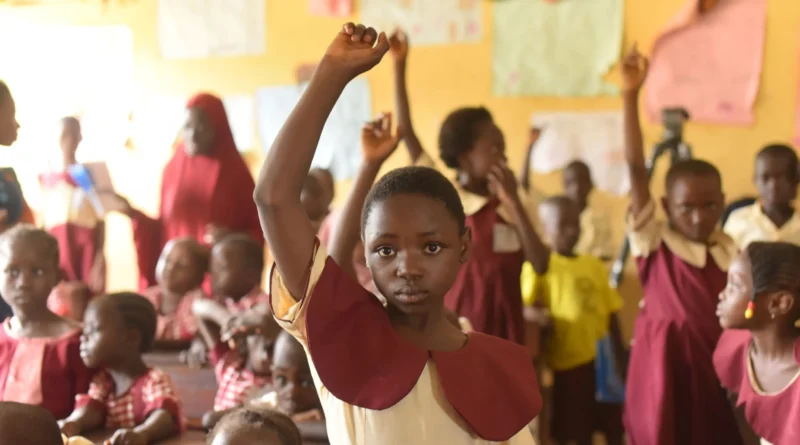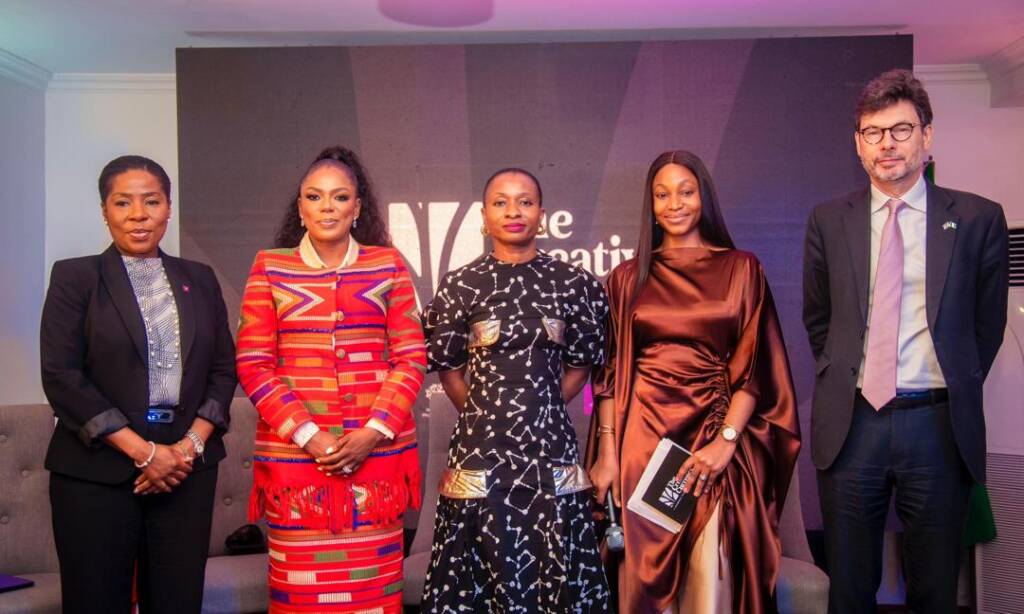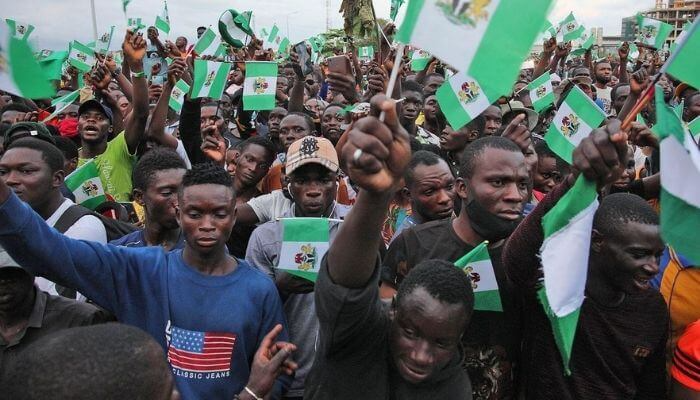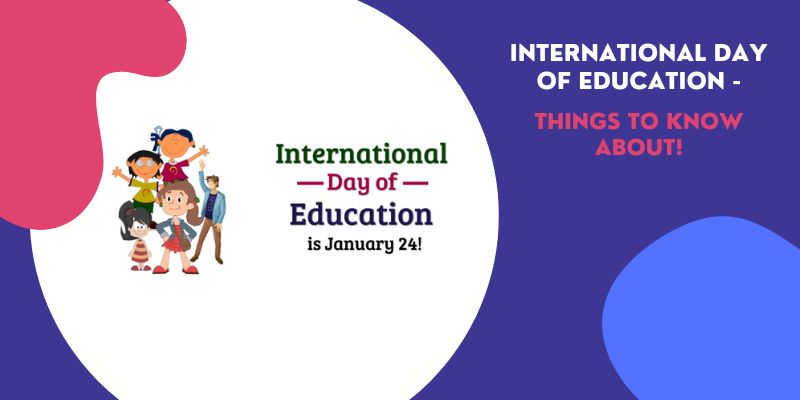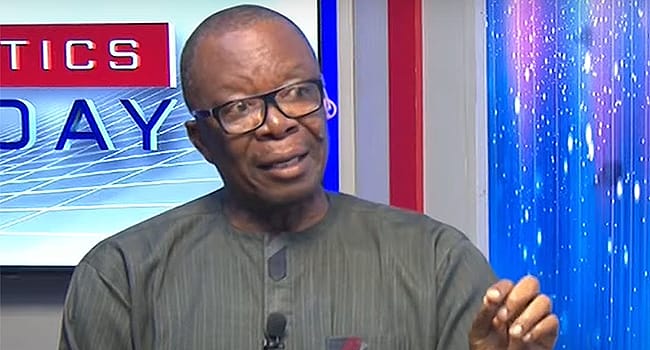Malala Fund Launches $50 Million Global Drive for Girls’ Education, Prioritises Nigeria’s Crisis Regions
The Malala Fund has announced a bold new step in its mission to break down the global barriers holding back millions of girls from achieving quality secondary education. The organisation has committed a $50 million investment through a newly launched five-year global strategy, and Nigeria is a top priority.
The announcement was made public by Nankwat Dakum, the Fund’s Nigeria Communications Manager, in a statement issued in Abuja on Tuesday. According to the News Agency of Nigeria (NAN), the strategy aims to eliminate the systemic obstacles that keep girls—especially in the most vulnerable regions—out of school.
A substantial portion of the $50 million has been allocated to Nigeria, where the education crisis remains one of the most severe globally. The initiative, named “Strengthening Rights and Securing Resources for Girls’ Secondary Education,” is designed to ensure 12 years of free, safe, and quality education for every girl, especially those facing early marriage, poverty, and insecurity.
“More than five million girls in Nigeria remain out of school,” Dakum revealed, adding that the North-East and North-West regions are the most affected. Girls in these areas continue to face overwhelming challenges, including gender-based violence, child marriage, poverty, and the impact of ongoing insecurity.
The Fund’s new strategy plans to:
- Support women-led local organisations
- Advocate for better funding of education
- Hold leaders accountable for policy and budgetary commitments
- Prioritise six critical states: Adamawa, Bauchi, Borno, Kaduna, Kano, and Oyo
The organisation also aims to collaborate with the federal government to drive national education reforms and push for electoral accountability on campaign promises related to education.
Nabila Aguele, Malala Fund’s Nigeria CEO, emphasised the resilience of young girls across Nigeria who are pushing for their right to learn despite the odds. “We are witnessing adolescent girls in Nigeria demand education,” she said. “This new strategy is our promise to support them by backing urgent policy reforms and amplifying grassroots voices.”
Since its founding in 2013 by Nobel Peace Laureate Malala Yousafzai and her father Ziauddin Yousafzai, the Malala Fund has become a global voice for girls’ education. Over the past decade, the organisation has invested more than $56 million globally, impacting over 21.8 million girls through advocacy, funding, and community engagement.
In Nigeria, the Malala Fund’s work has focused on expanding access to education, empowering women-led advocacy groups, and ensuring accountability in public education financing. These efforts have helped shape policies and empower thousands of local actors.
As part of its 2020–2025 strategy, co-founder Ziauddin Yousafzai recently visited Nigeria to engage with traditional and religious leaders, civil society groups, and men and boys—an often-overlooked demographic—in promoting support for girls’ rights to education.
With this new $50 million commitment and a clear focus on Nigeria’s most underserved regions, the Malala Fund continues to lead the global fight for gender equality in education, reinforcing the belief that every girl deserves a future built on knowledge, not limitations.

